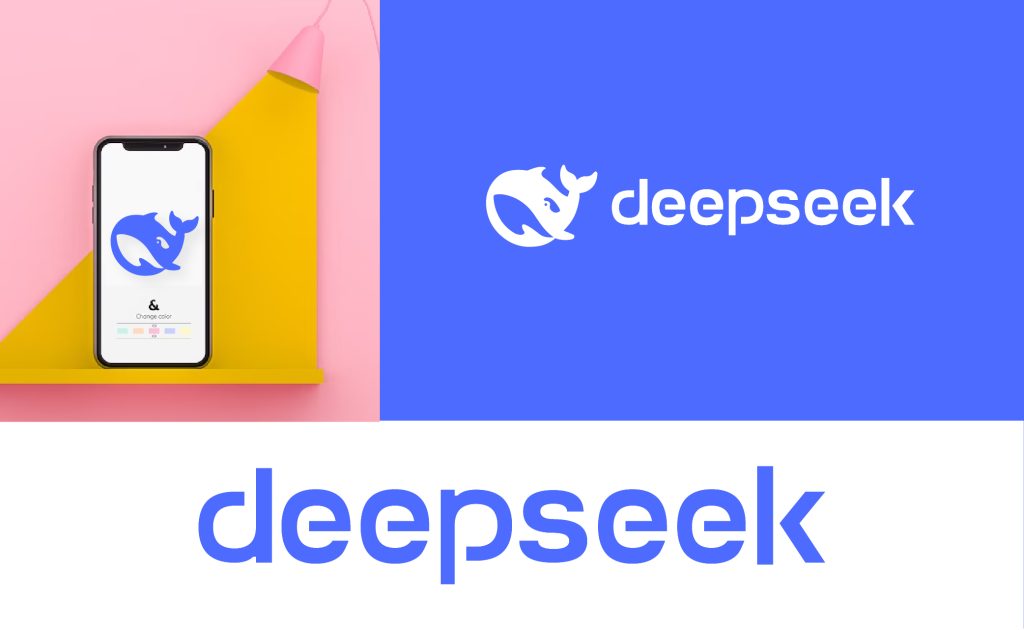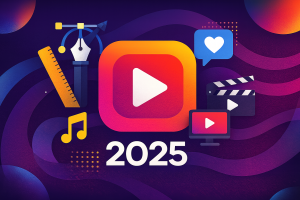For decades, artificial intelligence (AI) branding has leaned into sleek, futuristic, and sometimes intimidating visuals. Tech giants often use minimalistic logos, sharp fonts, and cold color schemes to reflect efficiency and intelligence. But DeepSeek is breaking that mold. With its friendly and playful blue whale branding, DeepSeek is making AI feel more human, engaging, and approachable.cartier cartier watches
This shift raises an intriguing question: Will more AI companies follow suit? Could DeepSeek’s branding strategy redefine how we perceive AI-driven technology in the future? Let’s explore how this humanized approach might influence the next wave of AI branding.Replica Watches UK
The Traditional AI Branding Landscape
Historically, AI companies have portrayed themselves as cutting-edge, intelligent, and almost robotic. Their branding reflects this with:replica watches store
- Minimalistic logos: Simple, geometric designs representing precision and technology.luxury watches replica
- Cold color palettes: Shades of blue, gray, and black to evoke trust and seriousness.
- Technical or futuristic typography: Sleek, sans-serif fonts reinforcing a sense of innovation.
While this branding strategy has worked well, it has also contributed to the perception of AI as distant, impersonal, and even intimidating.
DeepSeek’s Refreshing Approach to AI Branding
DeepSeek’s blue whale logo challenges these traditional AI branding norms. Here’s why it stands out:
- Playfulness & warmth: The friendly blue whale creates an emotional connection, making AI feel less mechanical and more relatable.
- Symbolism of intelligence & depth: Whales are known for their intelligence, curiosity, and deep-sea exploration—perfectly aligning with DeepSeek’s mission in AI.
- Approachability: By using a fun and organic symbol, DeepSeek signals that AI can be user-friendly and accessible to all.
This unique strategy sets DeepSeek apart, making AI feel more like an intuitive companion rather than a complex, impersonal tool.
The Psychological Impact of Humanized Branding
Branding is more than just aesthetics—it shapes perception. Research in marketing psychology suggests that:
- Humanized branding builds trust. Consumers are more likely to engage with brands that feel warm and personable.
- Playful elements increase memorability. Logos with unique, friendly mascots stick in people’s minds longer than abstract symbols.
- Emotional connection drives adoption. When people feel connected to a brand, they are more willing to explore and adopt its technology.
DeepSeek’s branding taps into these psychological principles, making AI more inviting for businesses and consumers alike.
Will Other AI Companies Follow DeepSeek’s Lead?
Given DeepSeek’s success in crafting a unique, engaging brand, it’s likely that other AI companies will take notice. Here’s what we might see in future AI branding trends:
- More mascots and organic symbols: Companies may shift from abstract logos to friendly, nature-inspired designs that evoke warmth and intelligence.
- Softer color palettes: Warmer hues and softer blues might replace the stark blues and grays of traditional AI branding.
- Conversational brand messaging: Instead of cold, technical jargon, brands may adopt more user-friendly and engaging language.
- A focus on storytelling: Companies may emphasize their AI’s mission, impact, and human-centric benefits rather than just its technical capabilities.
While tech giants like Google and OpenAI still rely on traditional branding, startups and emerging AI companies might be more willing to experiment with DeepSeek-style branding to differentiate themselves in a competitive landscape.
Conclusion
DeepSeek’s blue whale branding is more than just a design choice—it’s a strategic move that makes AI feel human, friendly, and accessible. By breaking away from the cold, data-driven imagery of traditional AI brands, DeepSeek is paving the way for a more engaging and relatable AI industry.
The question remains: Will other AI companies embrace this shift, or will they stick to their futuristic, robotic aesthetics? As AI continues to shape the world, one thing is certain—branding will play a crucial role in how people perceive and interact with it.
What do you think? Should more AI companies adopt a humanized approach, or does the futuristic branding still hold strong appeal? Let us know in the comments!




